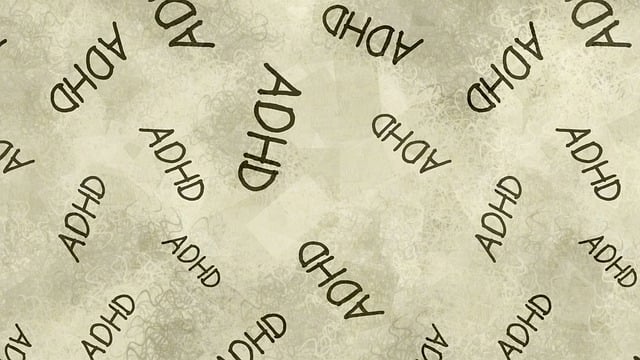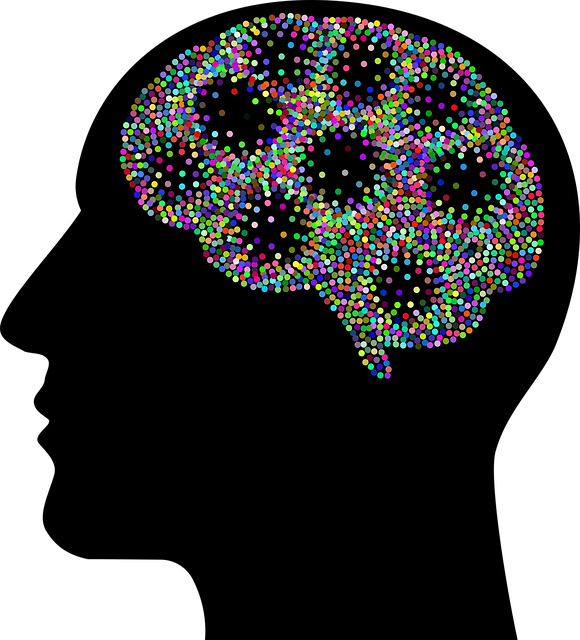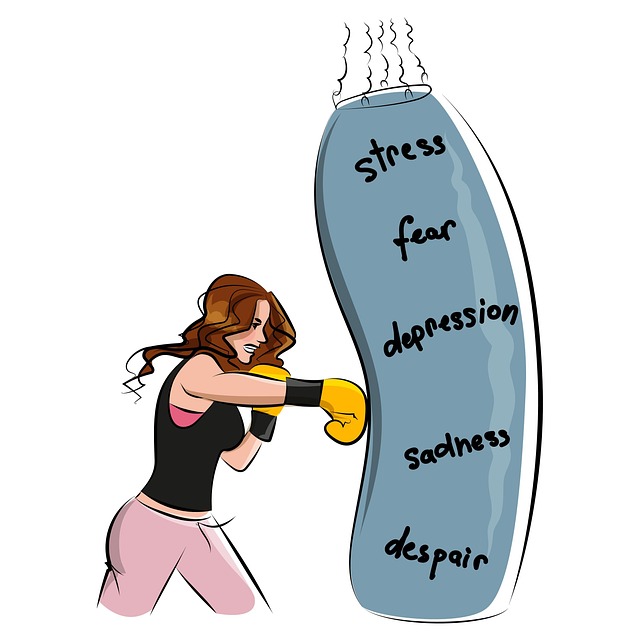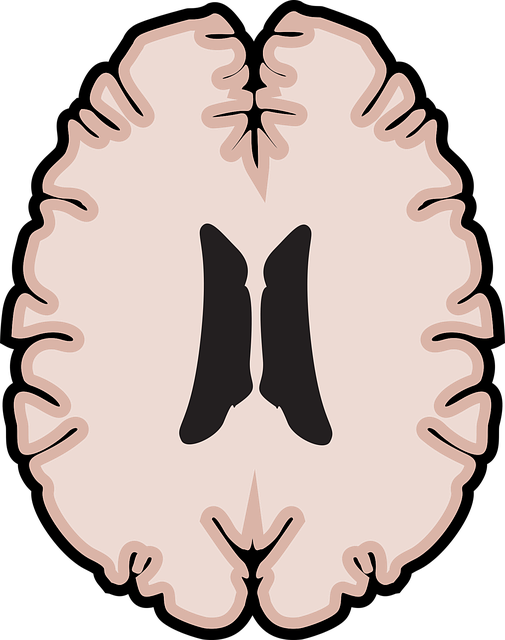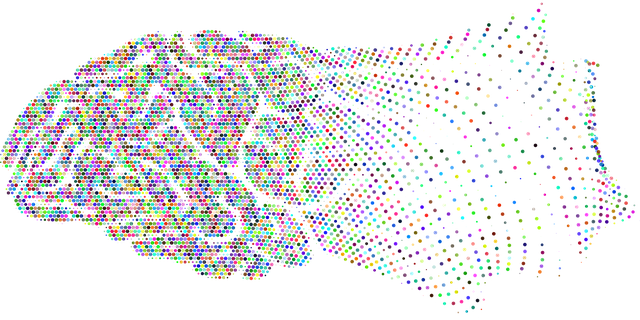Greenwood Village Crisis Counseling Therapy provides immediate crisis support and personalized therapy, empowering individuals to cope with emotional distress. Through community engagement, awareness campaigns, workshops, and education, they lead stigma reduction efforts, normalizing mental health conversations. Evaluating their success using both quantitative (surveys) and qualitative (focus groups) data, these approaches align with initiatives like Mind Over Matter, fostering understanding and compassion for mental health in Greenwood Village.
Mental illness stigma remains a significant barrier to individuals seeking help, particularly in communities like Greenwood Village. This article explores efforts to reduce mental health stigma through various lenses. We delve into understanding stigma’s profound impact on those in need, highlighting Greenwood Village Crisis Counseling Therapy as a safe space for healing and recovery. Additionally, we discuss effective strategies for stigma reduction, emphasizing the role of community engagement and education. Finally, we explore how success can be measured in evaluating mental health care stigma-reduction initiatives.
- Understanding Stigma: Its Impact on Mental Health Seekers in Greenwood Village
- Greenwood Village Crisis Counseling Therapy: A Safe Space for Healing
- Strategies for Effective Stigma Reduction: Community Engagement and Education
- Measuring Success: Evaluating the Effectiveness of Stigma Reduction Efforts in Mental Health Care
Understanding Stigma: Its Impact on Mental Health Seekers in Greenwood Village

Greenwood Village Crisis Counseling Therapy: A Safe Space for Healing

Greenwood Village Crisis Counseling Therapy stands as a beacon of hope and healing for individuals navigating mental illness. This safe, supportive space prioritizes providing comprehensive care that addresses not just symptoms, but also fosters resilience building and confidence boosting. By offering evidence-based therapeutic approaches, the therapy center empowers clients to challenge stigma, understand their conditions better, and embrace a journey towards improved mental well-being.
Through dedicated professionals, personalized treatment plans, and an unwavering commitment to mental illness stigma reduction efforts, Greenwood Village Crisis Counseling Therapy creates an environment where individuals feel seen, heard, and respected. This holistic approach not only helps clients manage their mental health challenges but also equips them with the tools necessary to thrive in a society that increasingly recognizes and embraces the importance of mental wellness.
Strategies for Effective Stigma Reduction: Community Engagement and Education

Stigma reduction efforts are an essential component of mental health advocacy, aiming to create a more accepting and supportive society for individuals facing mental illness challenges. One powerful strategy in this endeavor is community engagement, where local initiatives play a pivotal role in breaking down barriers. Greenwood Village Crisis Counseling Therapy, for instance, has successfully utilized community-based programs to foster understanding and reduce the stigma surrounding mental health issues. By organizing workshops, awareness campaigns, and support groups, they engage residents, business owners, and local leaders in conversations about mental wellness. This collaborative approach ensures that everyone, from healthcare professionals to everyday citizens, contributes to creating a more inclusive environment.
Education is another key element of effective stigma reduction. Implementing Mindfulness Meditation practices and Trauma Support Services within the community can equip individuals with tools to manage their mental health proactively. Encouraging positive thinking and open dialogue about emotional well-being normalizes conversations about mental illness. Such educational efforts, when integrated into school curricula, workplace policies, and community events, have the potential to reach a wide audience, fostering empathy and dispelling misconceptions. By combining community engagement and education, these strategies create a network of support that empowers individuals with mental illnesses and encourages early intervention and treatment-seeking behaviors.
Measuring Success: Evaluating the Effectiveness of Stigma Reduction Efforts in Mental Health Care

Evaluating the success of stigma reduction efforts is crucial to understanding their true impact on mental health care. Measuring effectiveness involves a multifaceted approach, considering both quantitative and qualitative data. Surveys, for instance, can gauge changes in public perception before and after campaigns like Greenwood Village Crisis Counseling Therapy’s initiatives. These assessments help quantify shifts in attitudes, revealing whether people are more accepting of individuals seeking mental healthcare.
Moreover, qualitative research through focus groups and interviews provides deeper insights. It explores individual experiences, such as those who’ve benefited from Trauma Support Services or engaged with Public Awareness Campaigns Development. By combining these methods, we can gain a comprehensive view of progress made in reducing stigma, ensuring efforts align with the principles of Mind Over Matter, fostering an environment where mental health is treated with the understanding and compassion it deserves.
Mental illness stigma reduction is a multifaceted approach, as evidenced by initiatives like Greenwood Village Crisis Counseling Therapy. By fostering community engagement and education, we can create a safer, more inclusive environment for mental health seekers in Greenwood Village and beyond. Continuous evaluation of these efforts ensures that strategies remain effective and adapted to meet the evolving needs of individuals facing mental health challenges. Through collective action, it’s possible to reduce stigma, enhance support systems, and ultimately improve access to quality mental healthcare.
